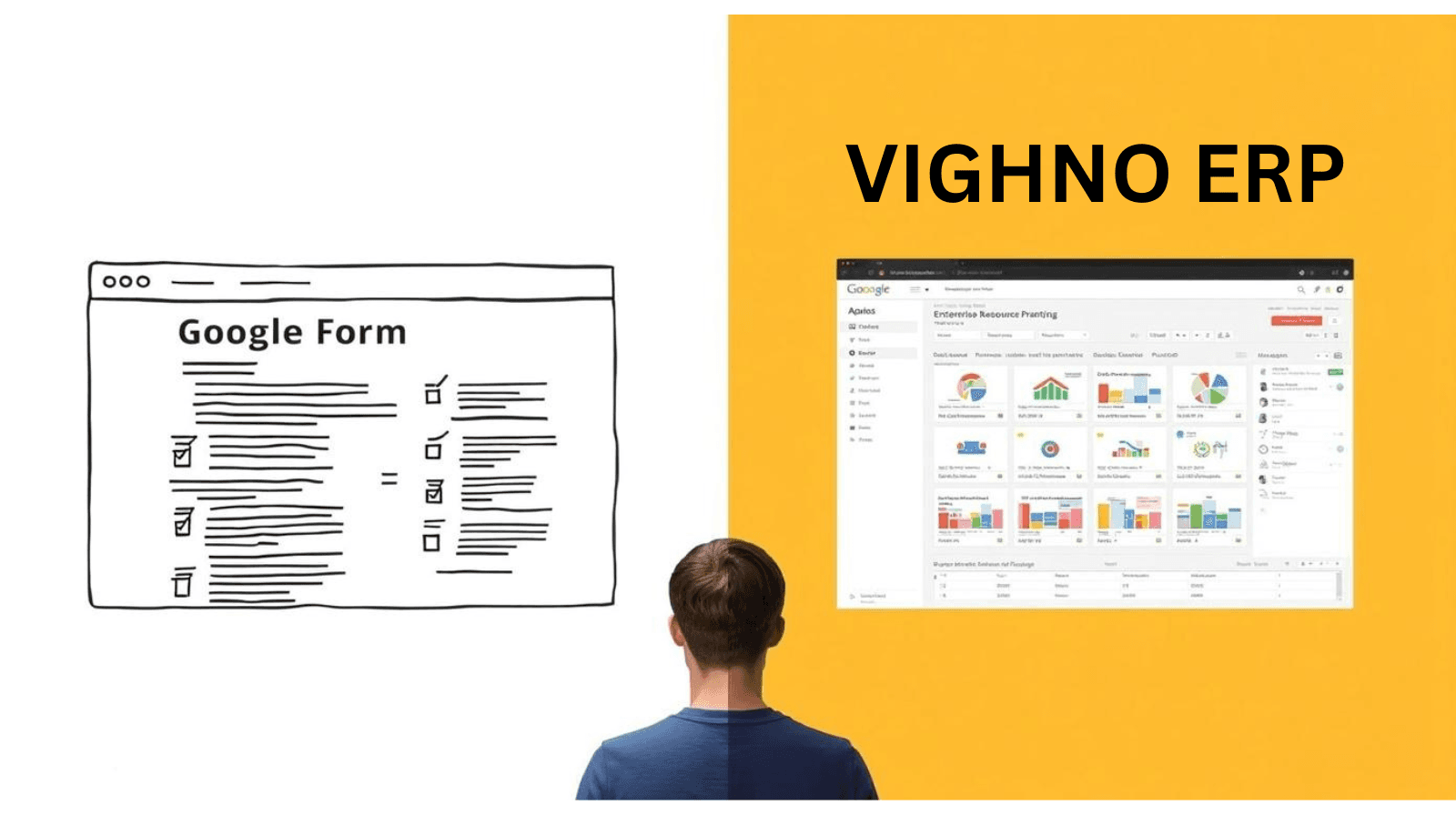
Colleges Using Google Forms vs Smart AI Admissions — Brutal Comparison
Google Forms has long helped colleges collect admission enquiries — but thats where its usefulness ends. As expectations rise, institutions using AI admissions are outperforming traditional ones by miles.
Key Benefits
- 1
Passive Data Collection vs Active Lead Conversion
- 2
No Personalization vs AI-Driven Student Guidance
- 3
Manual Follow-Up vs Automated Communication
- 4
Scattered Sheets vs Centralized Dashboard
- 5
No Verification vs Smart Document Screening
- 6
Basic Reporting vs Predictive Analytics
Passive Data Collection vs Active Lead Conversion
Forms collect data; AI converts it — tracking leads, automating follow-ups, and boosting conversions.
No Personalization vs AI-Driven Student Guidance
AI analyzes interests and goals to deliver personalized suggestions — not generic questions.
Manual Follow-Up vs Automated Communication
AI sends automatic reminders across channels — ensuring faster, consistent engagement.
Scattered Sheets vs Centralized Dashboard
AI admission systems offer a unified pipeline and analytics dashboard — not isolated sheets.
No Verification vs Smart Document Screening
AI validates identity, detects duplicates, and flags fake docs — instantly.
Basic Reporting vs Predictive Analytics
AI offers real-time insights like dropout prediction and course demand trends.
Conclusion
Google Forms is helpful — but not built for admissions. Vighnotechs AI admission suite transforms data collection into intelligent student journeys. Colleges that adapt will lead; others will quietly lose to smarter competitors.